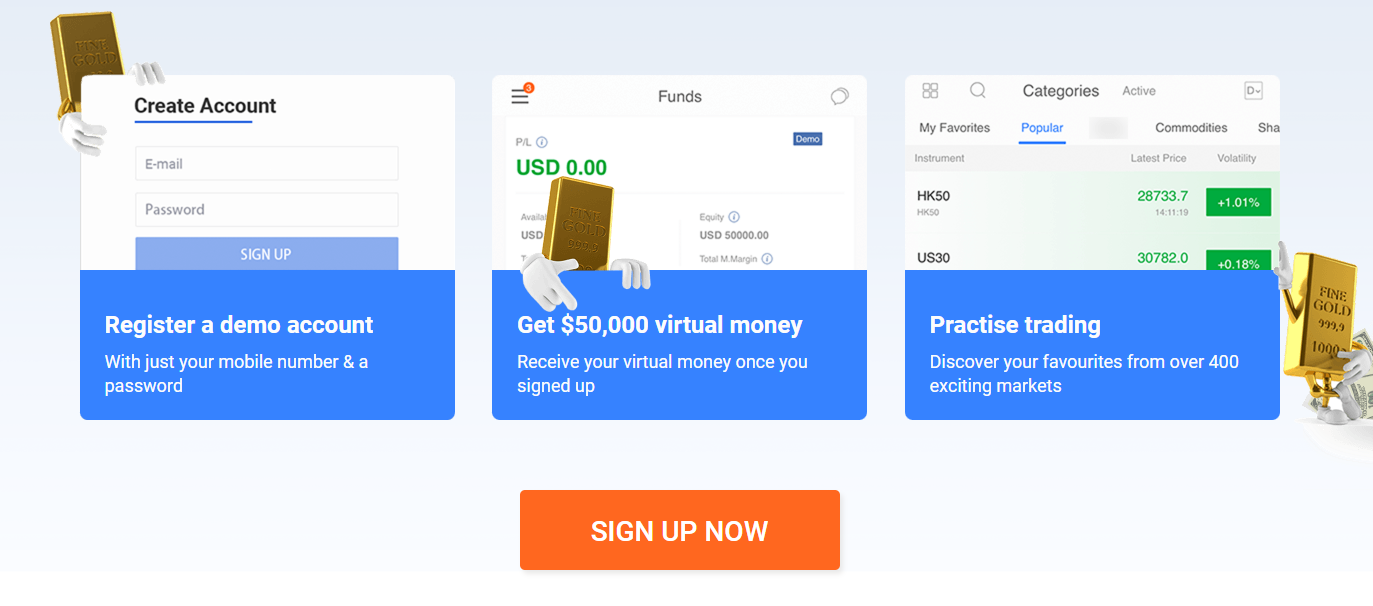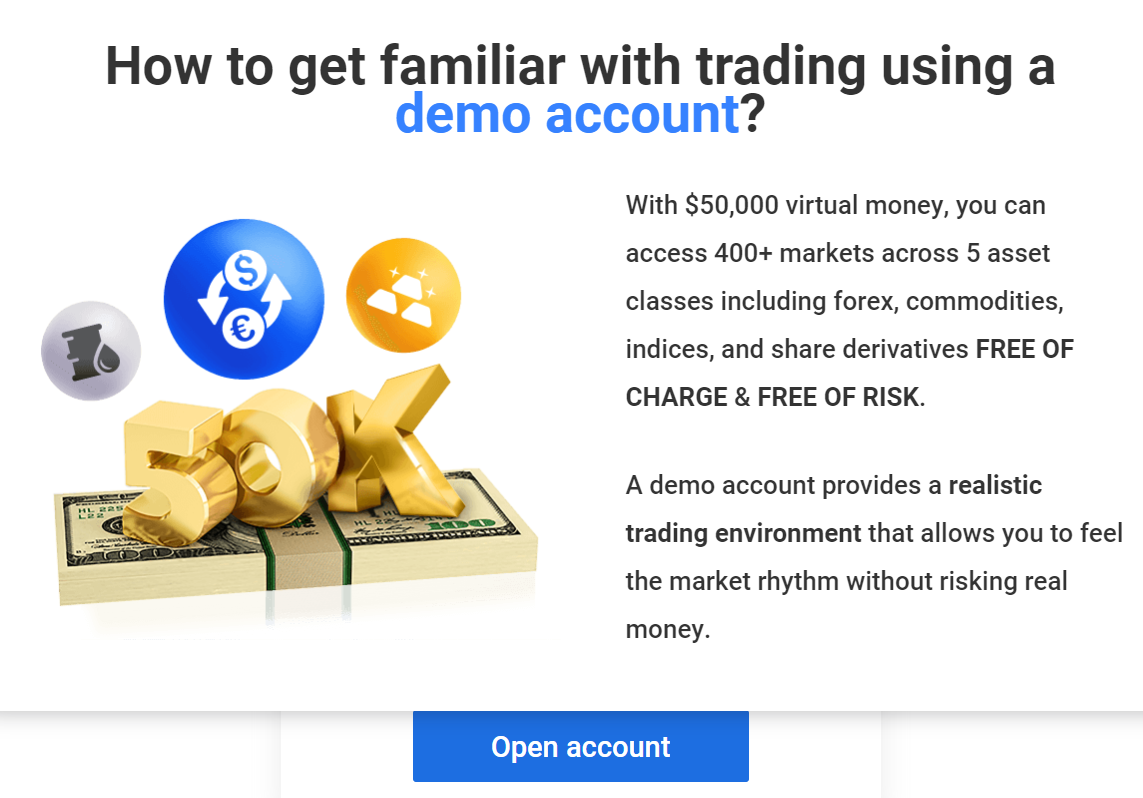The Easiest Guide to Understand Leverage and Margin in Trading 2022
Most people are getting into forex and equity trading. They see more potential even if having high capital is a must in trading. But, most of the new investors can't afford it. In this case, one borrows money from someone else or brokers. The point is, to sum up, more capital to invest. Brokers will need assurance that you can pay what you borrow plus interest.
It doesn't matter if the trade takes a different direction. We know some terms might seem challenging. No worries!
Keep reading to learn about margin and leverage's meaning in trading.
What Is Margin in Trading?
One of the daunting questions you might be asking yourself is, what is the margin in the stock market? Well, the margin is the difference between the summed value of all securities in a margin account and the amount of loan you ask from brokers to trade.
Thus, the most straightforward margin trading meaning is a style of using one's assets to get a loan from brokers. Later, you can use the money you get to trade. Investors need to open margin accounts to buy on margins.
Moreover, they need to make some initial investments. Thus, the total of this amount will act as leverage. We call it the minimum margin. Don't panic! We will be discussing this term later in this article.
The initial margin is the total amount you invest in the trade. Besides, the Maintenance margin is the amount you keep in your margin account.
How Does Margin Trading Work?
Your stock margin meaning should be clear before knowing how the trading works. It can be risky and expensive for investors who are new to loans.
Margin loans need investors to give collateral. So it acts as a security deposit. Collateral here will be the value of the assets in the investor's account.
It includes money as investments in the form of mutual funds and stocks. Most brokers need investors to keep at least $2,000 before borrowing on margin. The credit limit is the amount you can borrow.
But, it depends on the price of assets you buy and the collateral's value. Brokers allow investors to borrow up to 50% of the buying price of the stock up.
Nevertheless, the borrower needs to pay interest. The higher the margin loan, the lower your margin interest rate.
Pros vs Cons of Margin Trading
Margin in the stock market works through using loans to invest in assets. You want to enhance returns. While there are advantages of margin, there are also drawbacks.
Pros
· Increases the buying power
· You can diversify into different assets
· Higher return potential
Cons
· You need to pay interest on any funds you borrow
· More risks than using cash accounts to trade
· You need to meet and keep the margin requirements
What Is Leverage in Trading?
Leverage meaning in the stock market, is borrowing funds to finance projects. You want to increase future returns. Most consumers and companies use it to achieve their goals.
Investors use stock market leverage to increase returns. Well, it is via margin, options, or future accounts.
Companies use it to finance assets through debt financing. They invest in various primary operations and increase valuations of equity.
So, leverage trading meaning is nothing but the ratio of money you invest and money you can trade after you take debt.
How Does Leverage Trading Work?
What is leverage in the stock market? It is the act of borrowing funds to trade securities. But, you will use the account's margin feature. It can work to the advantage or disadvantage of the investor.
Moreover, it depends on the movements of the account's holdings. Companies use stock market leverage to increase returns on investment projects. So, you might get huge returns. Or, the account's value might drop faster if the market moves against you.
Thus, if you understand what is leveraging in the stock market, you will agree that it is riskier than cash accounts.
Pros vs Cons of Leverage Trading
Leverage trading can work for you or against you. See some of its upsides and downsides.
Pros
· Access to most markets with low capital
· Better access to more-priced stocks
· Potential for more returns with low deposits
Cons
· Margin interest and borrowing fees can be high
· It can be hectic to manage many leveraged positions
· Higher chance of losses
FAQs:
1) Are Leverage and Margin the Same Thing?
Leverage differs from the margin. Investors use stock market margin accounts to increase their leverage ratio while trading. Forex trading and futures need traders to post margins and use leverage.
2) Can Someone Trade without Leverage?
Yes, anyone can use cash in their account to trade securities. It is a way to avoid paying interest on the margin balances. But, you can't amplify returns like you would while trading with leverage or on margin.
3) What Is the Meaning of Minimum Margin?
Investors need to open margin accounts to buy on margin. Or, they can make some initial investments. Then, the sum will be the leverage which is the minimum margin.
4) Why Do Many Investors and Investment Firms Prefer Leverage Trading?
Traders use leverage trades to increase their returns. Companies do it to finance their assets and debt financing.
The intention is to invest in various trading options and make quick profits. Later, they increase the valuations of their equity.
Conclusion
Experienced traders in the stock and forex market use margin account for leverage. But, newbies need to be cautious when using leverage tactics.
Learn and wait until you understand how the market functions. Otherwise, things will work against you faster than you think.
It can be hard to differentiate between leverage and margin. First, you need to understand the meanings and how they work.
Now, you can enjoy the Margin and Leverage trading with Mitrade! Mitrade offers several instruments. Each has different leverage that changes depending on the trading platform you use. Thus, it is crucial to understand the leverage available before trading. In addition, you can avoid margin calls by ensuring your account balance has enough equity.
We hope that this guide is a good starting point for you. Please share with us your experience and questions in the comments. Create your Mitrade account now!
The content presented above, whether from a third party or not, is considered as general advice only. This article does not contain and should not be construed as containing investment advice, investment recommendations, an offer of or solicitation for any transactions in financial instruments. Mitrade does not represent that the information provided here is accurate, current or complete. For any information related to leverage or promotions, certain details may outdated so please refer to our trading platform for the latest details. *CFD trading carries a high level of risk and is not suitable for all investors. Please read the PDS before choosing to start trading.
- Original
- Trading Analysis
Risk Warning: Trading may result in the loss of your entire capital. Trading OTC derivatives may not be suitable for everyone. Please consider our legal disclosure documents before using our services and ensure that you understand the risks involved. You do not own or have any interest in the underlying assets.




